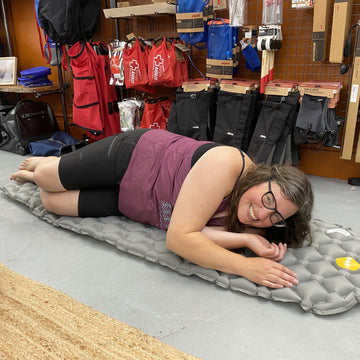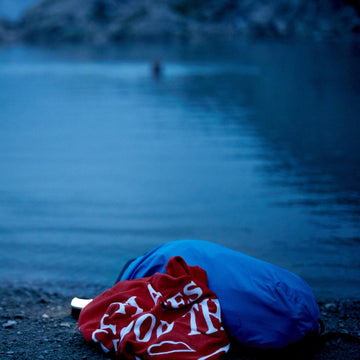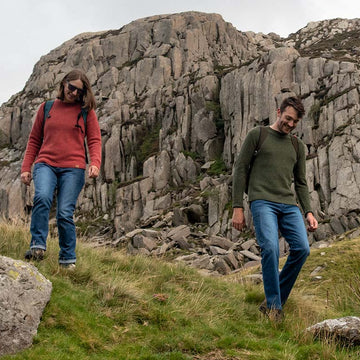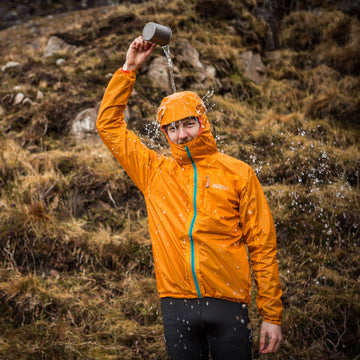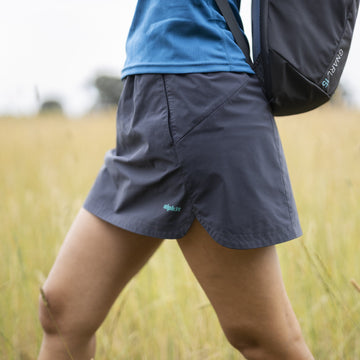
Cotton is one of nature's most technical fibres, breathable, durable, and naturally repairable. But not all cotton is created equal.
From bouldering trousers that shrug off granite scrapes to canvas shelters engineered for years of UV punishment, every cotton fibre in our gear comes from certified sources that meet our circular design standards. Because technical performance and environmental responsibility aren't competing priorities; they're the same priority.
We're obsessed with choosing the right materials, and when we use cotton, it has to earn its place through verified performance and uncompromising responsibility.
Cotton might be a relatively small part of our range, but when we use it, we use it right. Our cotton delivers the goods while treading lightly.
How cotton fits into our product mix
- What is Responsible Cotton?
- Better Cotton Initiative
- GOTS
- Modern Slavery Statement
- Our Cotton Sourcing Policy
- Built to Last, Made to Mend
Why Responsible Cotton Fits Our Circular Vision

Cotton supports 100 million farmers, with the industry employing 7% of all labour in developing countries. But conventional cotton production comes with heavy baggage: toxic pesticides, massive water consumption (around 10,000 litres per kilogram), and exploitation including slavery and child labour.
This is exactly why circular design matters. We can't build gear that lasts decades while ignoring the mess left behind by our materials. Responsible cotton isn't just about feeling good—it's about building products that work within natural systems rather than against them.
That's why every thread of cotton in our gear comes from certified sources: the Better Cotton Initiative (BCI) and Global Organic Textiles Standard (GOTS). Different problems, different solutions, same commitment to doing things properly.
Better Cotton Initiative: Change From Within

The Better Cotton Initiative doesn't just focus on organic cotton (which makes up only 25% of global production). Instead, they work to transform mainstream cotton farming from the inside out—reducing water use, cutting pesticide dependency, and implementing rigorous ethical standards monitored by third parties.
Nearly a quarter of the world's cotton now meets Better Cotton standards. That's the kind of systemic change that actually moves the needle.
For us, BCI cotton represents the practical side of circular design: taking an existing system and making it work better for everyone involved.
GOTS: The Gold Standard for Organic
Growing organic cotton produces roughly half the emissions of conventional cotton. The Global Organic Textiles Standard (GOTS) certifies this organic cotton with standardised requirements for both ecological and labour standards.
GOTS means consistency—no matter where in the world the cotton is grown or processed, consumers know exactly what they're getting. Zero toxic pesticides, zero synthetic fertilisers, and full respect for labour conditions.
This aligns perfectly with our design philosophy: clear standards, no compromise, built to last.
Modern Slavery Statement
Circular design means considering every link in the chain—including the people making our gear.
We stand against all forms of modern slavery and human trafficking. This applies to every business and person we work with, anywhere in the world.
We conduct thorough due diligence on all partners and factories, reviewing their Modern Slavery statements, safeguarding policies, and whistleblowing procedures. Their commitment to preventing slavery must match our own.
We require that all factory-sourced cotton is never harvested, produced, or processed in Turkmenistan, Uzbekistan, or the Xinjiang Region of China.
Our Cotton Sourcing Policy: Simple, Clear, Non-Negotiable
Cotton represents a small portion of our material use, but our standards are absolute: only GOTS or BCI certified cotton makes it into Alpkit products. We prohibit cotton from known risk areas including Turkmenistan, Uzbekistan, and the Xinjiang Region of China.
This fits our broader mission to eliminate virgin oils and increase recycled content across our range. We’ve been working hard to offer a natural fibre alternative to everything we sell. We’re firm believers in natural fibres and modern designs. We're tracking every fibre, building supply chain transparency, and proving that technical performance and environmental responsibility aren't competing priorities—they're the same priority.

Built to Last, Made to Mend
Cotton's natural durability makes it perfect for gear that's designed to be repaired, not replaced. Unlike synthetic materials that can be tricky to patch or reinforce, cotton takes kindly to needle and thread—whether that's reinforcing a worn seam on your favourite climbing trousers or patching a small tear in canvas tent fabric.
That's why you'll find Alpkit repair stations across the country, where our team helps fix everything from cotton tees to technical shells. Because the most sustainable garment is the one that never hits the bin. When your cotton gear shows the honourable scars of adventure—a snag from granite, a stain from camp coffee—that's not damage, that's character. And character deserves to be preserved.
Because circular design isn't just about what happens at the end of a product's life. It's about designing from day one for a world where nothing gets wasted, everyone gets paid fairly, and great gear lasts for decades.
That's not compromise. Cotton That Works Harder, Lasts Longer. That's just good design.

![Kraft [Mens]](http://us.alpkit.com/cdn/shop/files/KRAFT_MENS_1.jpg?v=1762542951&width=768)


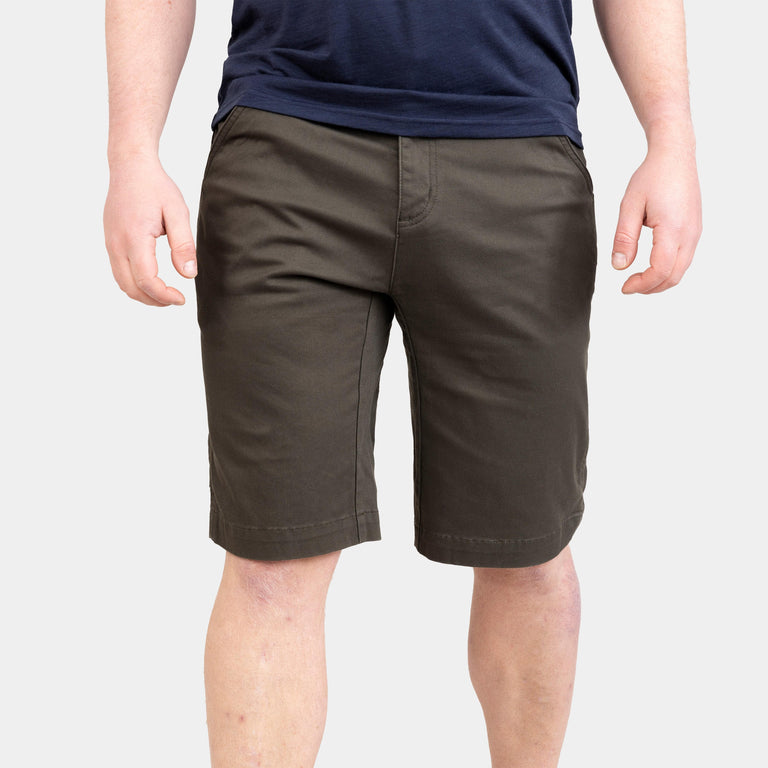
![Werk [Mens]](http://us.alpkit.com/cdn/shop/files/WERK_MENS_OUTER-SPACE_TENERIFE_005982__4000px.jpg?v=1717552503&width=768)
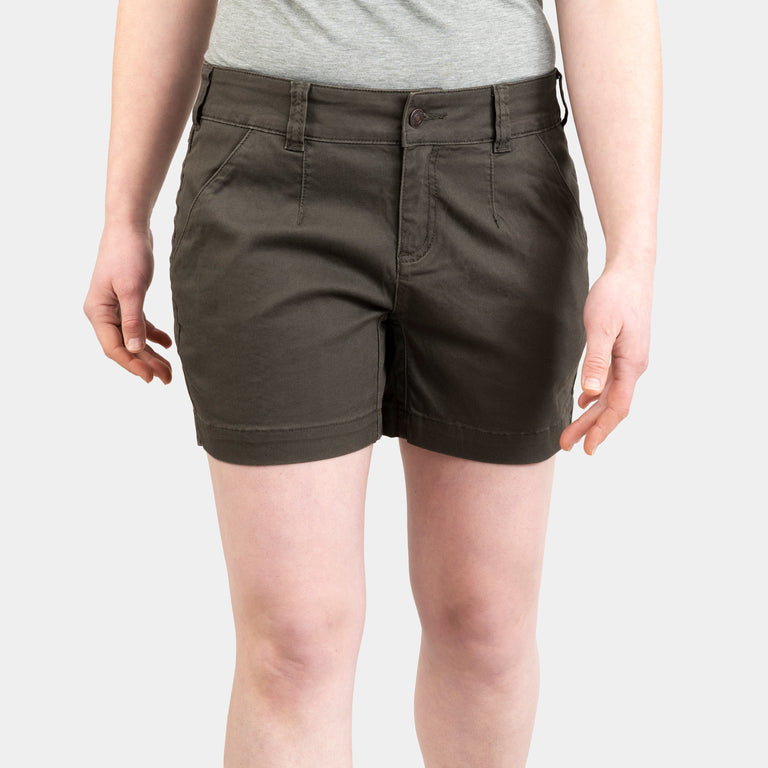

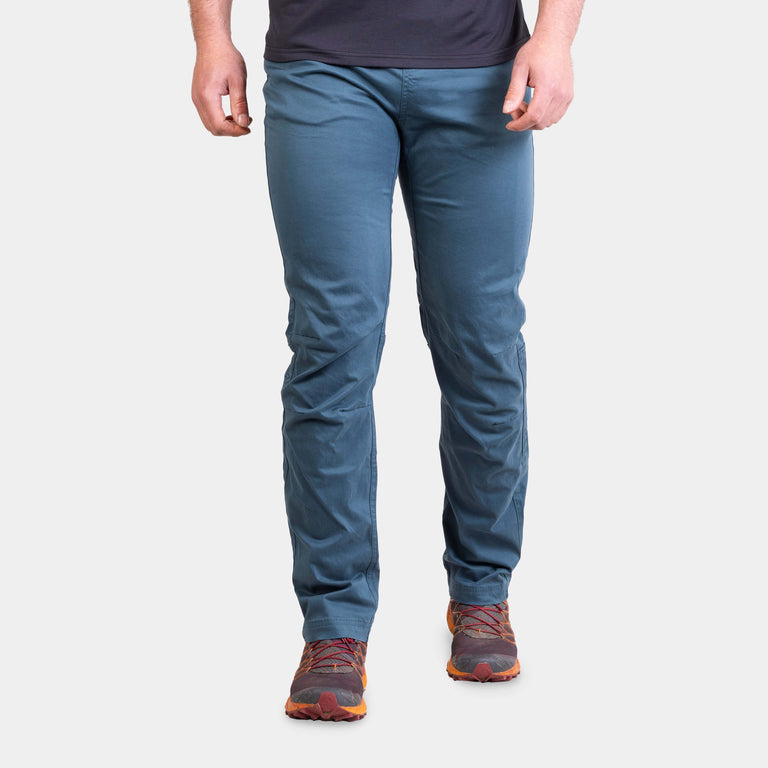

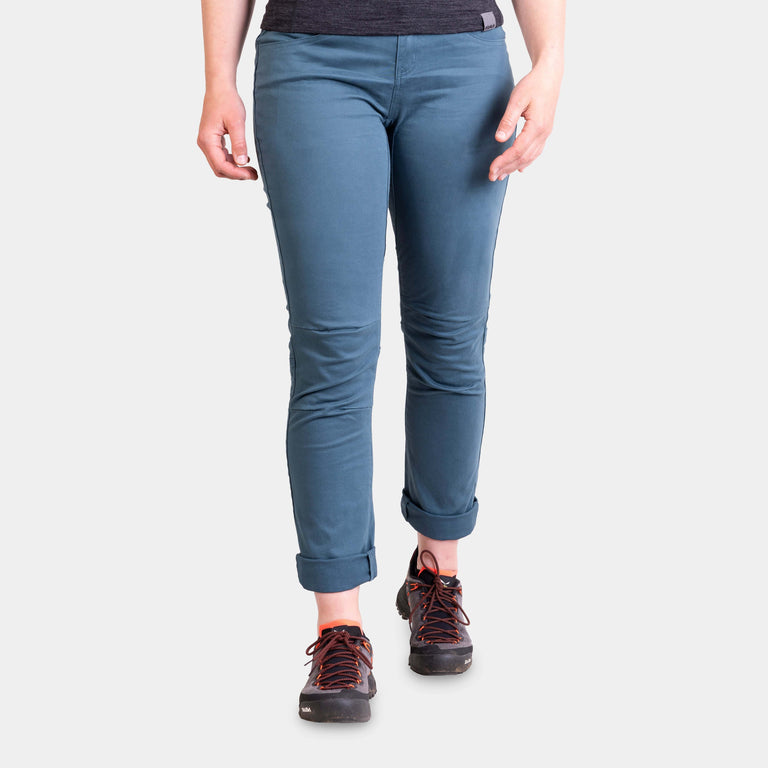
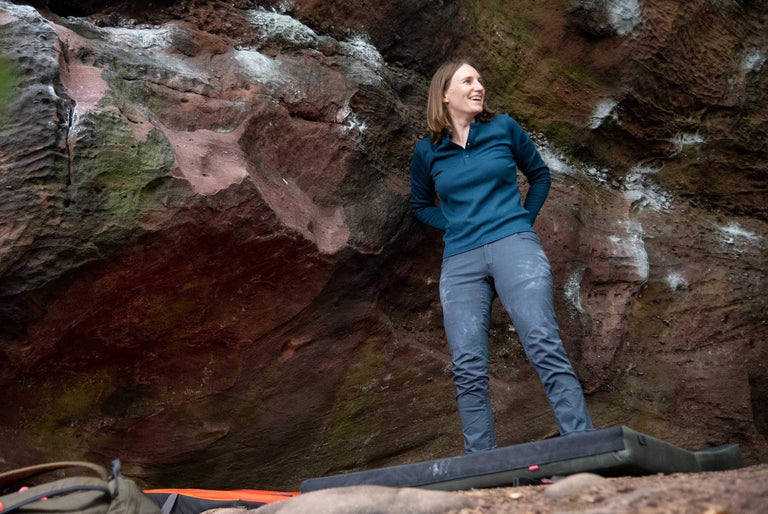
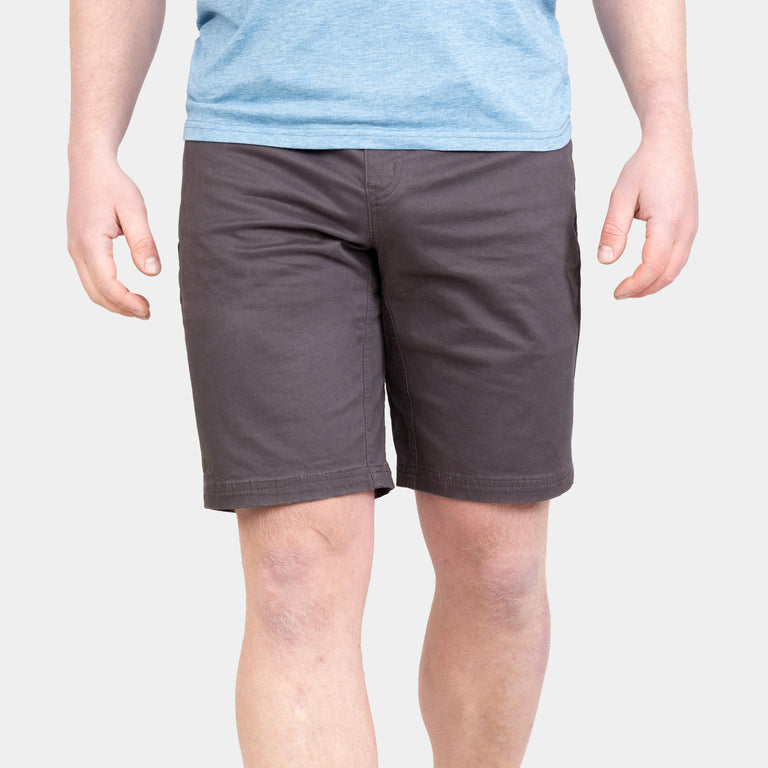

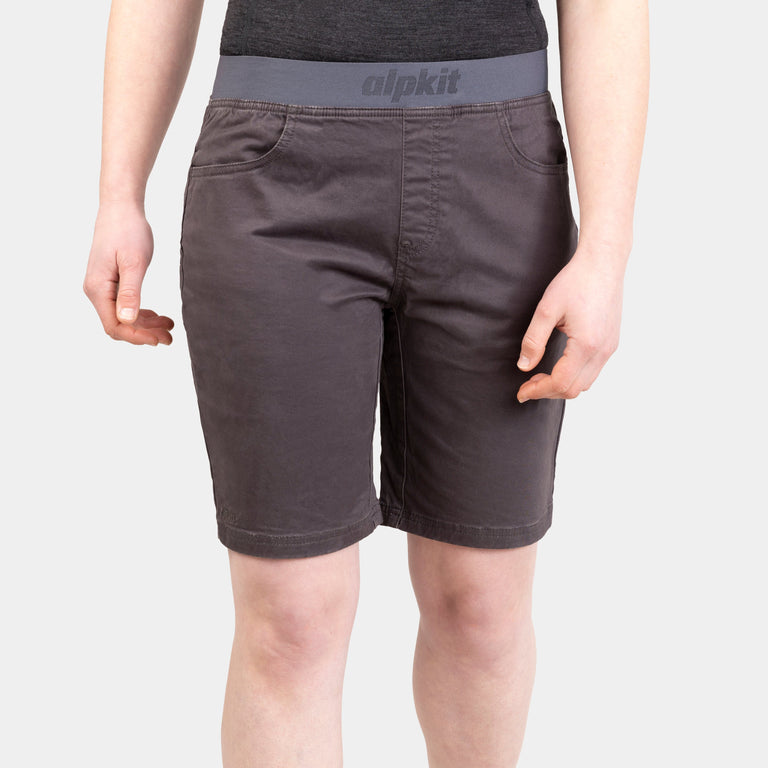



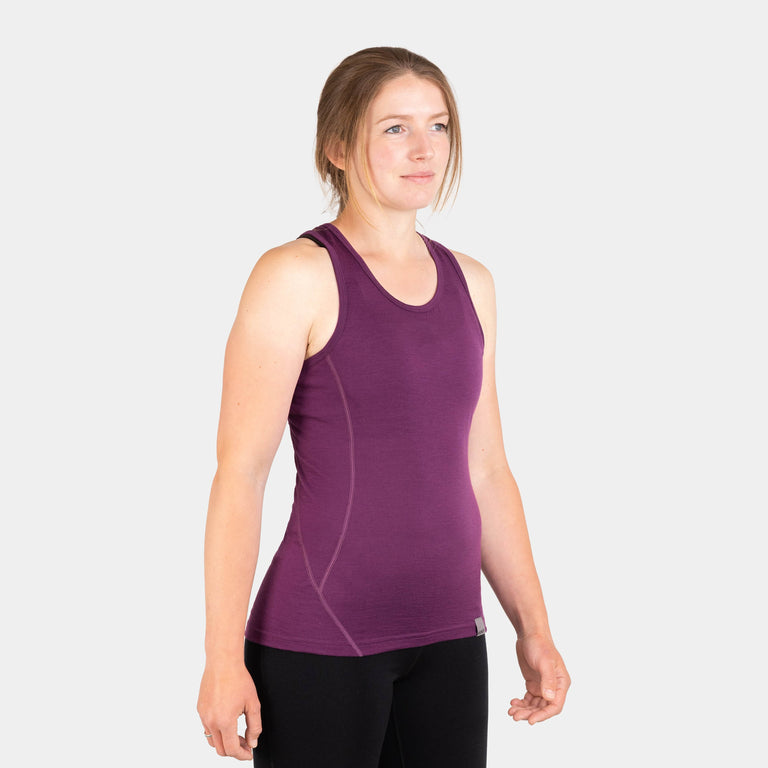

![Kepler Short Sleeve [Mens]](http://us.alpkit.com/cdn/shop/files/mens-kepler-short-sleeve-2026-stirling-temp.jpg?v=1768762939&width=768)
![Kepler Short Sleeve [Mens]](http://us.alpkit.com/cdn/shop/files/mens-kepler-short-sleeve-navy.jpg?v=1768762939&width=768)
![Kepler Short Sleeve [Womens]](http://us.alpkit.com/cdn/shop/files/womens-kepler-short-sleeve-2026-cosmos-temp.jpg?v=1768417177&width=768)
![Kepler Short Sleeve [Womens]](http://us.alpkit.com/cdn/shop/files/womens-kepler-short-sleeve-cosmos.jpg?v=1768417177&width=768)

